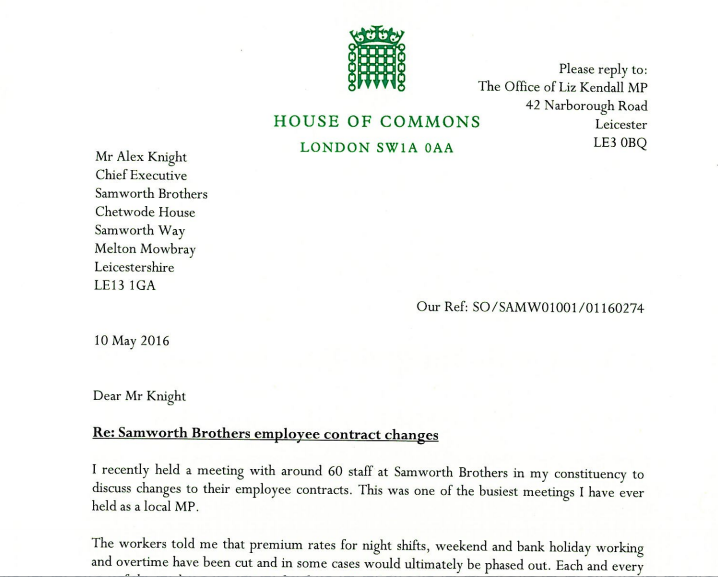There's a reason fintech companies like the European Union
The Guardian tells us that those unicorns, those privately owned and venture capital funded companies over in the tech sector, like the European Union and wouldn't want Britain to leave it. There is, of course, a reason for this over and above that general love of a centralised European superstate. That reason being that much of the London scene in this sector is, given the background of The City itself, involved in financial technology. And there's one specific rule that greatly aids such fintech within the EU:
Can we stop this nostalgia for manufacturing jobs please?
We're told, endlessly, that we must do more manufacturing here in Britain. The underlying argument being that manufacturing jobs are good jobs, that they pay well, and that given that we'd like to have more well paid jobs therefore we must do more manufacturing. This argument is really just evidence of the ghastly conservatism of large portions of the British commentariat. For the truth is that the marginal manufacturing job is not well paid.
Who has actually gained from globalisation?
An interesting restatement from Branko Milanovic of his earlier work on who has actually gained from the process of globalisation. In effect, absolutely everyone except those on around and about less than median income in the already rich countries as that chart shows. Or, in more detail, it can be seen here.
What did anyone think would happen with a higher minimum wage?
That the Chancellor insisted that the national living wage came into being is true. That this is a rise in the minimum wage for those over 25 is also true. And that there will be some adaptation in the labour market to this is also blindingly obviously true. How could it be otherwise? It is thus with some astonishment that we see people who in general would support a higher minimum wage complaining about the effects of a higher minimum wage. For example, this letter from Liz Kendal MP:
Lenny Henry's plan for BBC privatisation
This isn't quite what Lenny Henry has said about the BBC. But it is what he means about the BBC. The organisation needs to be punted off into the private sector as soon as possible. For what he says here is entirely true:












